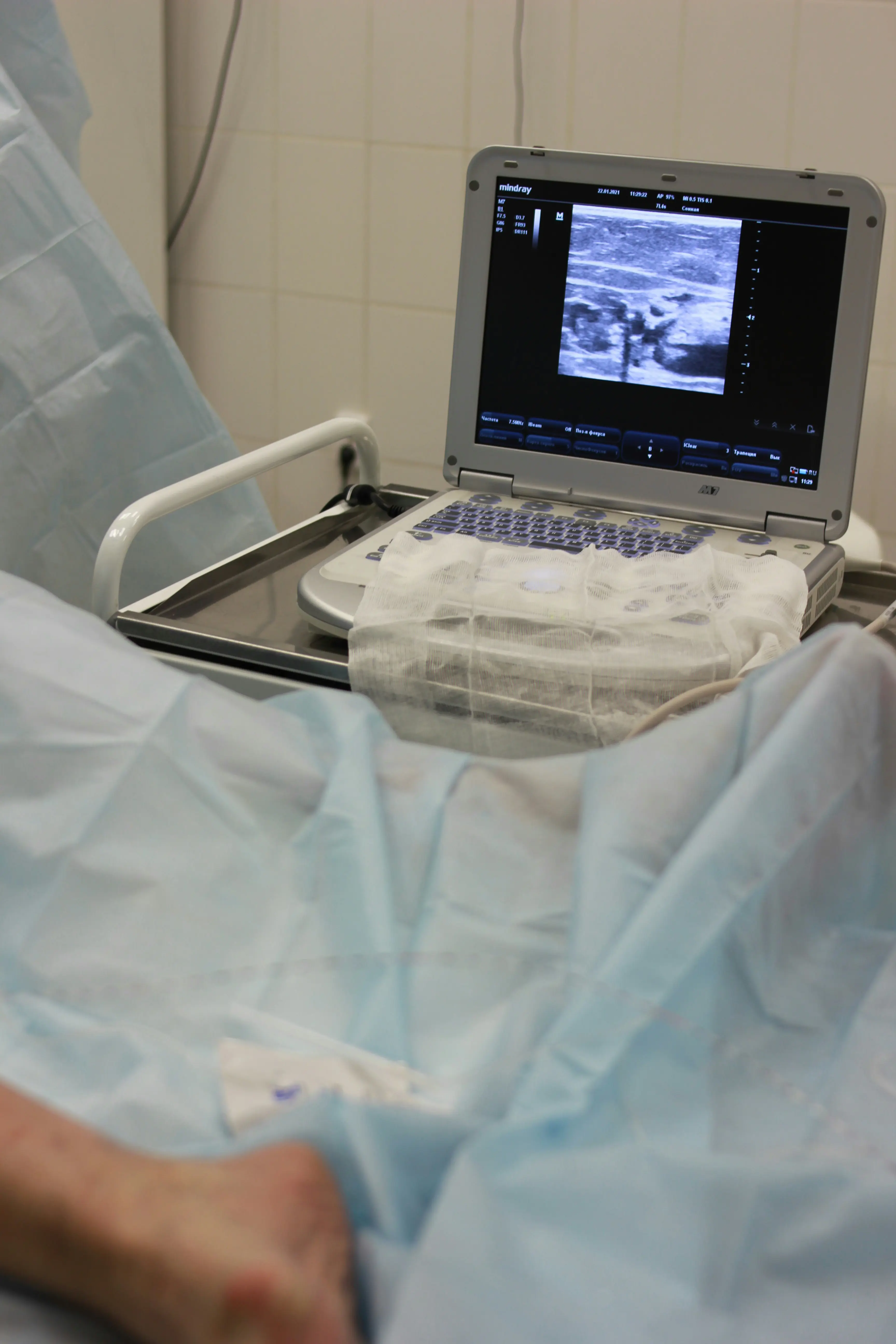Study Reveals Gaps In Prenatal Screening Support For Down Syndrome

A groundbreaking study from the University of Warwick, published in the American Journal of Medical Genetics Part A, has unveiled significant shortcomings in how expectant parents are supported during prenatal screening for Down syndrome in Great Britain. Despite the intention of these screenings to aid informed reproductive choices, many parents feel overwhelmed and underinformed.
Tamar Rutter, a PhD candidate and lead author of the study, emphasizes the deep impact of how screening results are communicated. The study shows that many parents are left without enough information or support to navigate these critical decisions effectively.
The research gathered insights from over 300 mothers of children with Down syndrome, examining their experiences with prenatal screening. Alarmingly, 44% of these mothers reported receiving no written or online information about the screening, and 37% felt they lacked adequate discussion opportunities with healthcare professionals.
Natalie’s Story: One compelling account comes from Natalie, whose son Henley was born in 2021. Her pregnancy was marked by stress and negativity after receiving a high-chance result for Down syndrome at 13 weeks. Despite being offered termination multiple times without balanced information, Natalie chose to continue her pregnancy. Today, Henley is thriving and defying initial medical predictions.
While 83% of mothers understood the screening was optional, the routinization of these tests led many to undergo them without much thought. A concerning 62% of mothers felt they didn’t receive enough information about Down syndrome after the screening process.
Nicola Enoch, CEO of Down Syndrome UK, underscores the need for change. She advocates for a national pathway to better support expectant parents and to challenge outdated views on Down syndrome. According to Enoch, the current system fails too many families, and healthcare providers must offer clear information and compassionate support.
This study serves as a call to action for the NHS and educational bodies to improve training and resources. By listening to families like Natalie’s, healthcare systems can evolve to provide the necessary support and information, ensuring all outcomes are valued.